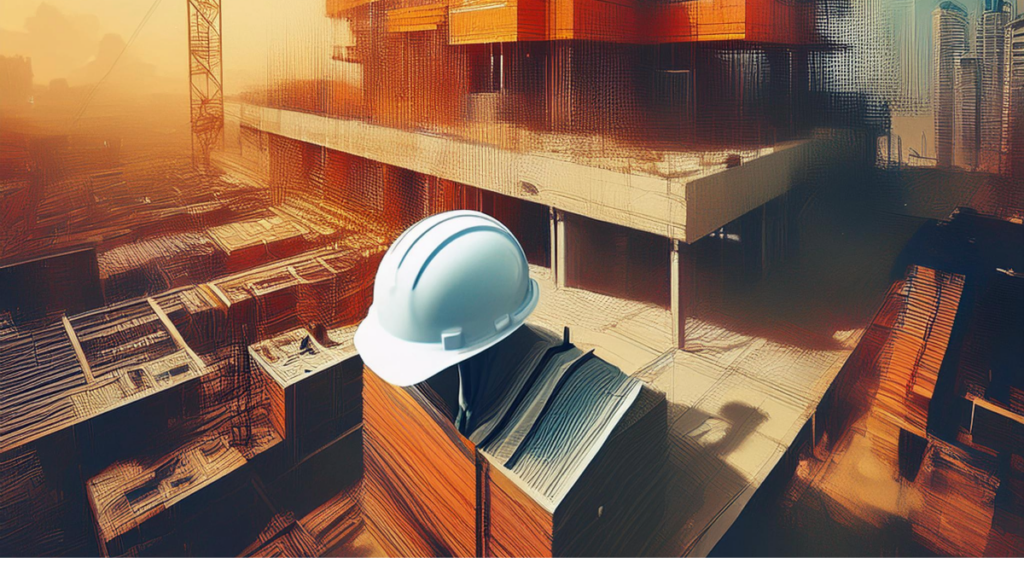TLDR: The construction and building management industry is on the cusp of a transformative era, thanks to the rapid advancements in artificial intelligence (AI). This blog post highlights key insights from industry experts on how AI is revolutionizing the built environment, making it more efficient, productive, and sustainable.
Approachable AI for Everyday Business Needs:
Experts emphasize the importance of “approachable AI” – tools like OpenAI’s ChatGPT that are readily available and easy to use. These large language models can enhance productivity across various business functions:
- Marketing & Sales: Generate concise marketing campaigns and social media content.
- HR: Create engaging employee spotlights and internal communications.
- Construction Documents: Streamline the creation of scopes of work, change orders, and specifications analysis.
- Tech Support: Provide quick answers and solutions for field technicians.
AI-Powered Construction Document Management:
A specific use case of AI in construction document management is highlighted. Leveraging vast amounts of publicly available construction documents, AI models can quickly generate accurate scopes of work, saving time and effort for construction teams.
Niagara 4 Integration with OpenAI:
A leading company is pioneering the integration of OpenAI’s models into the Niagara 4 platform. This allows field technicians to quickly access relevant information and troubleshooting guides, accelerating their ramp-up time and addressing the industry’s skill gap.
AI as the Foundation for the Future of Buildings:
AI is envisioned as the bedrock of the future built environment. Three key areas where AI will play a pivotal role are outlined:
- Autonomous Buildings: AI-driven systems will optimize building operations, making them more energy-efficient and responsive to occupants’ needs.
- Intelligent Resource Networks: Buildings will interact with each other and the grid, intelligently managing energy consumption and demand.
- Collaborative Workflows: AI-powered digital twins will streamline workflows across the building lifecycle, from design and construction to operation and maintenance.
Digital Twins and Differentiable Programming:
The importance of digital twins as AI-computable models that enable simulation, analysis, and optimization of building performance is emphasized. The power of differentiable programming, a cutting-edge technique that significantly accelerates AI model training, is also highlighted.
AI-Driven Building Autonomy Levels:
Five levels of building autonomy, from basic algorithmic control to fully autonomous systems-of-systems are outlined:
- Level 0: Algorithmic control (e.g., PID loops).
- Level 1: Adaptive tuning of existing control systems.
- Level 2: Software-generated sequences.
- Level 3: Real-time sequence generation based on building context.
- Level 4: Full systems-of-systems control.
The Path to Digital Maturity:
The importance of embracing digital maturity in the built environment is underscored. AI-powered solutions offer significant opportunities for energy savings, enhanced comfort, reduced labor costs, and greater budget certainty.
Conclusion:
AI is not just a buzzword in the construction and building management industry – it’s a transformative force. By leveraging AI-powered tools and embracing digital maturity, businesses can unlock new levels of efficiency, innovation, and sustainability in the built environment.
This post is an AI summary from AHR EXPO 2024 Educational Session – The Evolution and Implementation of AI in the BAS industry
- Moderator: Tracy Markie, CEO/Founder, Engenuity Systems, Inc
- Panelists:



